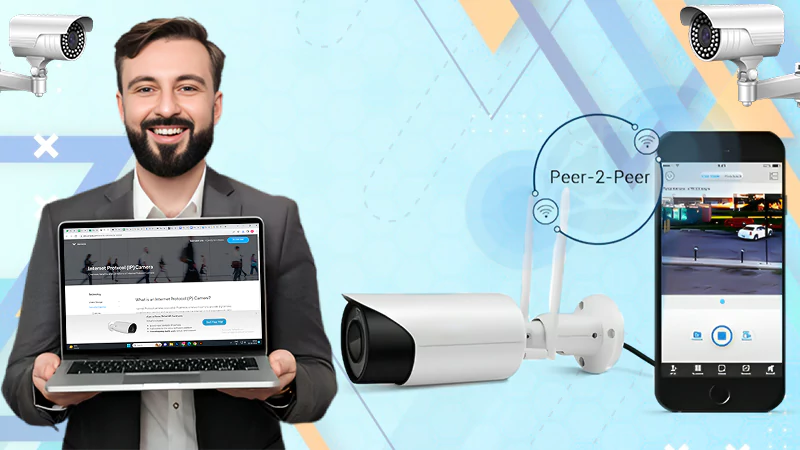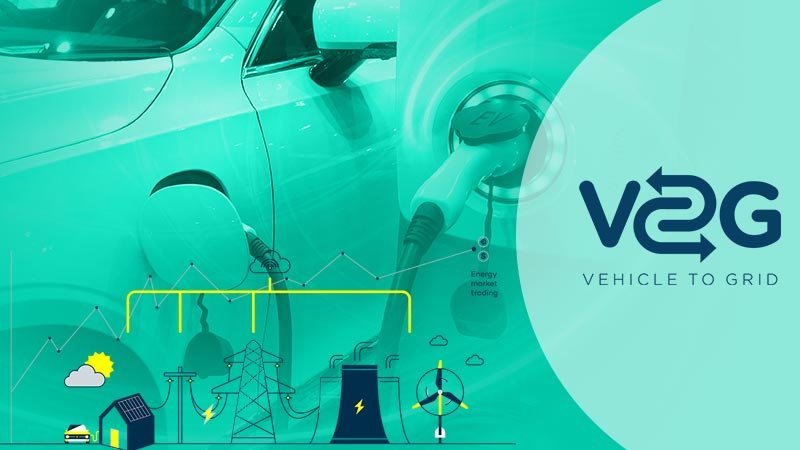How Digital Transformation Is Revolutionizing Government?
Technological innovations are fundamentally reshaping how governments deliver services and operate internally. For governments to remain relevant, digital transformation is imperative. This involves adopting technologies, streamlining workflows, and optimizing operations to provide more accessible, efficient, and citizen-centric services. The keys to successful digital transformation include embracing the cloud, implementing smart technologies, upgrading software, digitizing workflows, and redefining government jobs. When done holistically, across departments and levels, digital transformation can dramatically improve how governments work:
Improving Constituent Services
Digital transformation is revolutionizing how governments provide services to constituents. Automated phone systems and chatbots allow citizens to get answers to basic questions 24/7. Online portals enable people to report issues like potholes or code violations and track the resolution. Citizens can apply for permits, licenses, and benefits through user-friendly websites instead of having to go to a government office. Governments are using technology to improve accessibility, streamline processes, and make it more convenient to avail services.
Enhancing Agency Collaboration
Breaking down data silos and improving information sharing between government agencies is vital for digital transformation. When systems are integrated, it is easier for agencies to collaborate, gain a holistic view of citizens, and prevent redundancies. Integrated data also allows cross-departmental reporting and improves organizational transparency. As an example, when law enforcement agencies have access to social services data, they are better equipped to assist homeless or mentally ill individuals they encounter. Data integration ultimately benefits both government employees and the citizens they serve.
Embracing Cloud-Based Solutions
Governments have started transitioning from legacy on-premise systems to flexible and scalable cloud-based solutions. Cloud software allows for mobility, virtual storage, and automatic updates that expand functionality over time. It also provides cost savings since no infrastructure needs to be maintained onsite. Many routine government functions like email, data storage, and business applications have already moved to the cloud. Cloud platforms enable governments to adopt emerging technologies without major investment in new hardware or software. The cloud supports government digital transformation now and into the future.
Implementing Smart Technologies
Technologies like AI, blockchain, drones, and IoT are transforming how governments operate and deliver value to citizens. AI tools help with the automation of manual processes like document review and classification. Blockchain improves the transparency and security of transactions. Drones assist with tasks like monitoring infrastructure, agriculture, and law enforcement. IoT sensors gather useful data about traffic, weather, and natural events.
When data from smart tools integrate into a digital ecosystem, the possibilities to enhance services are endless. Many governments have innovation labs exploring practical applications of new technologies to improve functions across departments and in the community.
Rethinking Local Government Software
Software platforms tailored to the needs of local governments are enabling digital transformation at the local level. The software automates work order management, business licensing, public records requests, and meeting management. Analytics tools turn raw data into insights to optimize organizational performance. APIs and open data initiatives make local government data more transparent and available for public consumption or commercial use.
When multiple software systems integrate, staff can work more efficiently, and residents get a unified experience. Cities and counties leveraging modern local government software in a collaborative fashion are best positioned to realize the benefits of digital transformation.
Adopting Digital Workflows
Digitizing workflows is a key part of government digital transformation. When manual paper-based processes transition to automated digital workflows, productivity, and accuracy increase. Documents like applications, permits, and billing can move electronically between departments without delay. Digital signatures and verifications replace in-person approvals reducing turnaround time. As an example, when a city digitizes the entire process of reviewing and approving construction plans, architects and builders enjoy faster response times and a simplified experience. Governments digitizing workflows across functions reduce costs, optimize resources, and better meet expectations for timely service delivery.
Redefining Government Jobs
As technology expands its role in government operations, the nature of jobs is evolving. Automation handles repetitive rules-based tasks freeing up employees to focus on more meaningful work. There is a growing need for hybrid roles like data scientists, digital service experts, and cybersecurity specialists. Technical and soft skills are equally important as technology is integrated into every function. Governments fostering a culture of continuous learning provide opportunities for existing staff to enhance their skills and fill new technology-centric roles. With clear career paths for technologists, governments can attract and retain the talent they need to deliver innovative public services.
To Wrap Up
Digital transformation is a journey that governments must embrace to meet the expectations of tech-savvy citizens. Using technology to reimagine operations, services, and organizational culture will position governments to thrive now and into the future. Those transforming holistically across departments and levels of government have the greatest opportunity to make an impact that resonates throughout their community. With vision and leadership, governments worldwide can leverage technology to better serve constituents inaccessible, efficient, and forward-thinking ways.
Follow Us
Latest Post
















